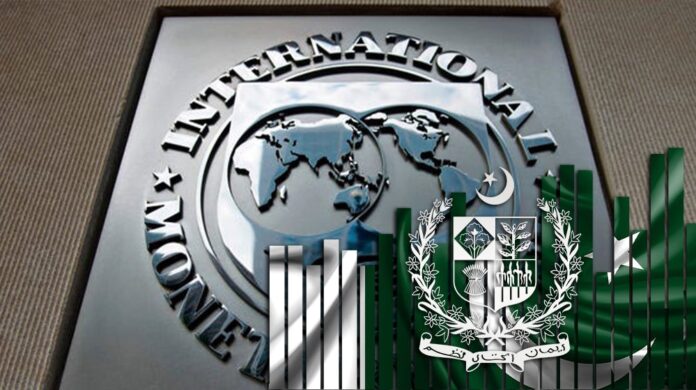- An agreement on budgetary measures and macroeconomic framework is expected to pave way for budget announcement on June 2
The International Monetary Fund (IMF) anticipates that Pakistan’s total revenue will rise to nearly Rs20 trillion in the fiscal year 2025-26, up from the current estimate of under Rs17.8 trillion. However, the fund has emphasized strict expenditure controls to ensure the sustainability of debt servicing.
After three days of technical talks via video link, formal policy-level negotiations are scheduled to begin on Monday (May 19) and continue through Friday (May 23). An agreement on budgetary measures and the macroeconomic framework is expected to pave the way for the federal budget announcement on June 2.
The IMF has already presented projections for key economic indicators, forecasting a growth rate of 3.6 percent alongside an average inflation rate of 7.7 percent—significantly higher than this year’s 5.1 percent average. This combination is expected to boost revenue collection by over Rs1.4 trillion from the current year’s estimated Rs12.4 trillion.
Beyond the Federal Board of Revenue’s collections, provincial governments are expected to contribute to broadening the revenue base, with agriculture income tax identified as a critical area for increased focus.
Overall revenues for the next fiscal year are targeted to exceed Rs19.9 trillion, approximately 15.2% of GDP, compared to this year’s Rs17.8 trillion estimate or 15.9 percent of GDP.
The IMF calls for continued expenditure restraint, urging a reduction from 21.6 percent of GDP this year to 20.3 percent next year. Even with these cuts, expenditures are projected to reach Rs26.57 trillion, up from the current budget estimate of around Rs18.9 trillion.
Final figures on revenue and revised expenditures, particularly those influenced by the recent security situation, are still under negotiation.
Pakistan’s fiscal deficit is expected to narrow from 5.6 percent of GDP in the current year to 5.1 percent next year, equating to roughly Rs6.67 trillion.
Additionally, the Ministry of Finance has instructed all ministries and divisions to submit detailed reports capturing the climate-related components of subsidies. This “climate tagging” is a requirement under Pakistan’s Extended Fund Facility (EFF) agreement with the IMF.




